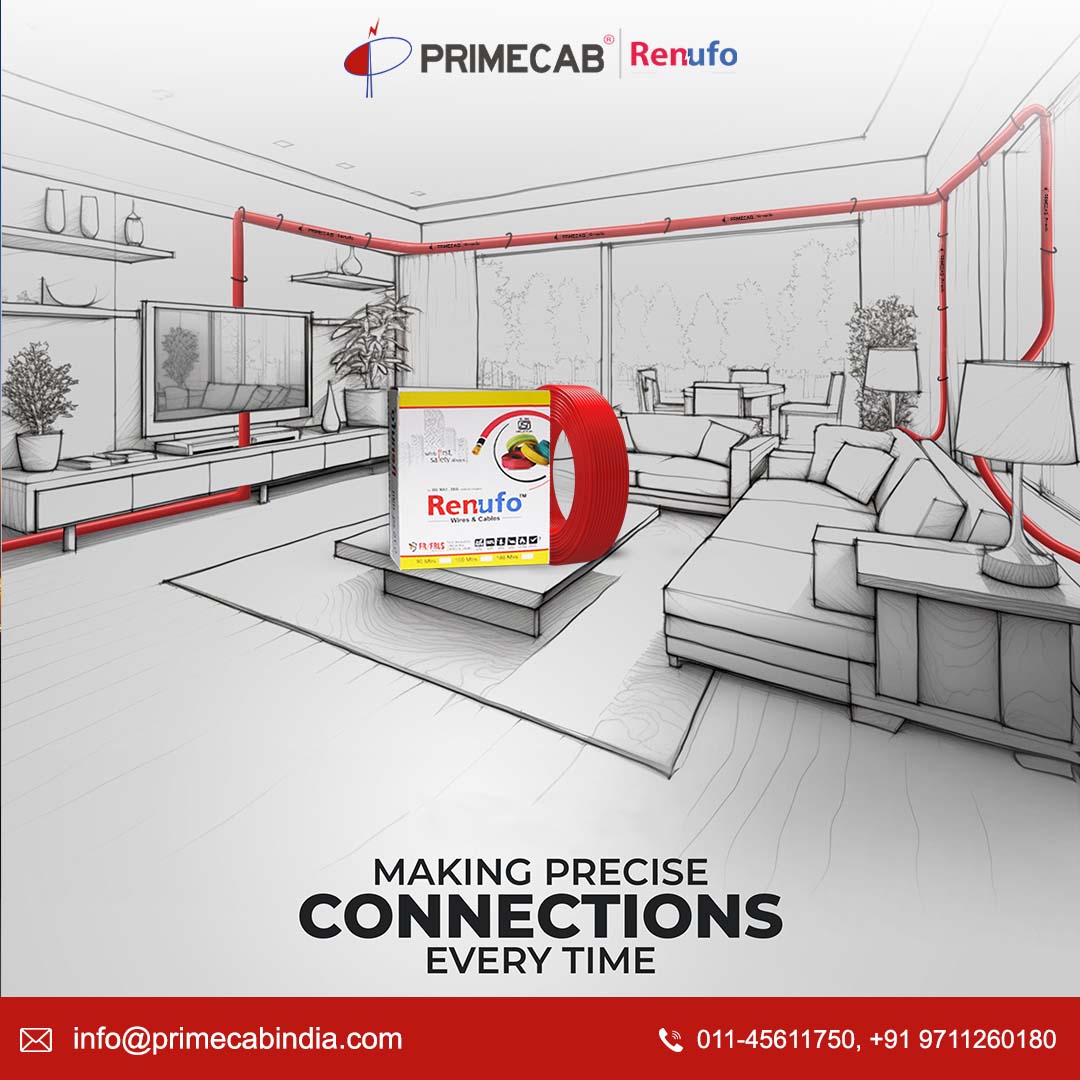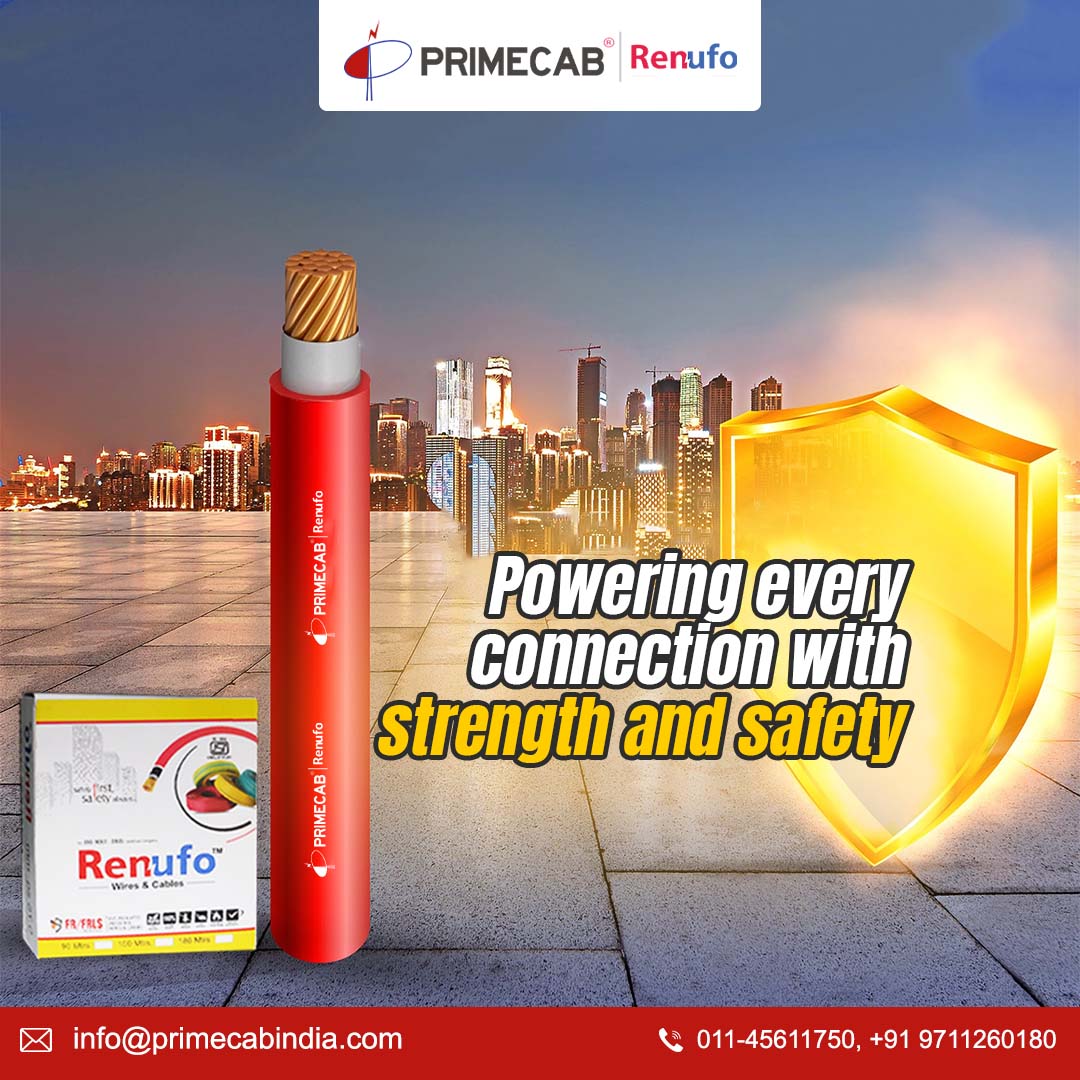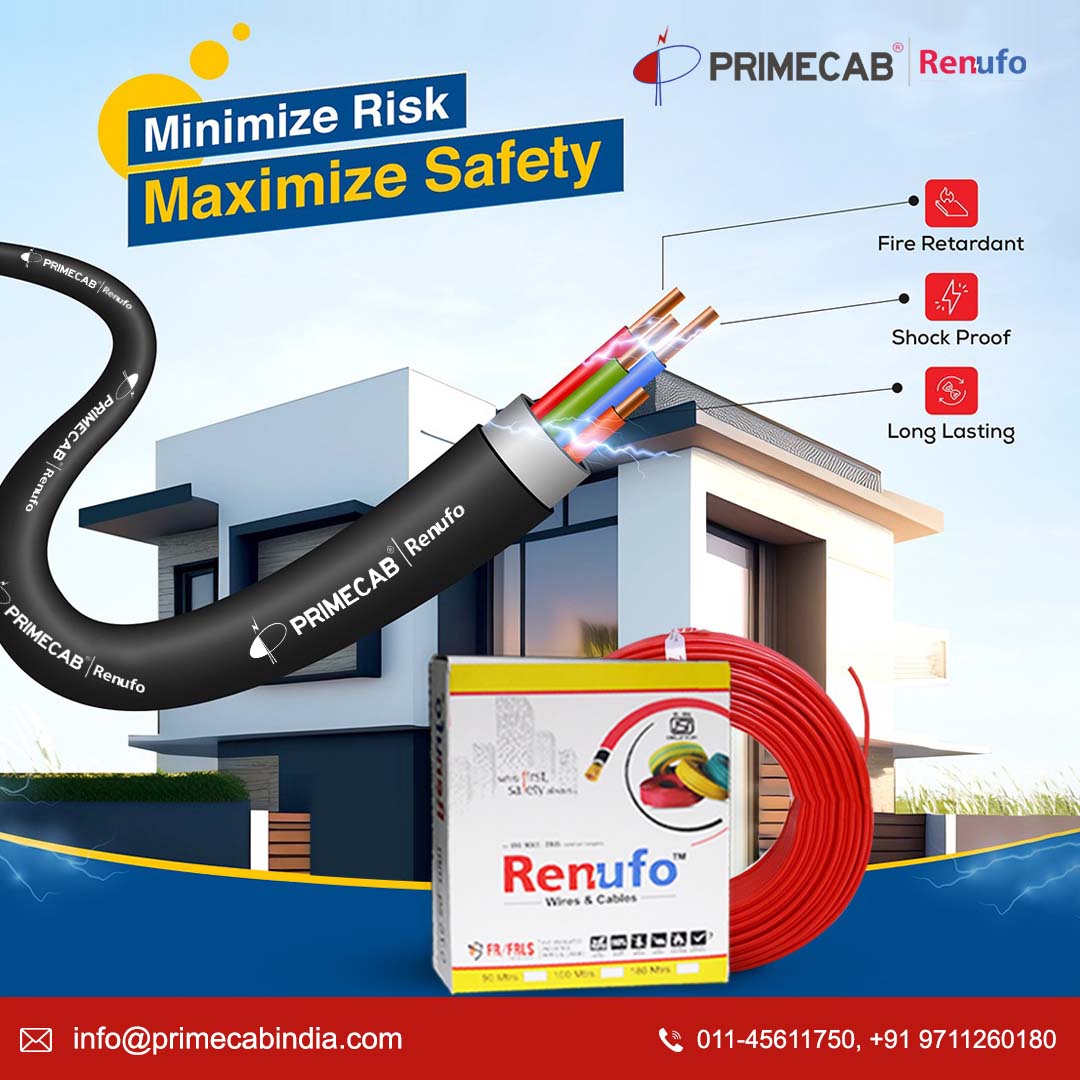How to Select a Cable That Can Optimize Growing Conditions in Your Greenhouse
The advancement of technology has made a revolutionary impact on the industry. And the cropping industry is no exception. Modern and automated greenhouse systems help indoor farmers with managing and maintaining their productive crops. The only challenge is to implement the relevant power, control and networking infrastructure of the greenhouse. Be it automating processes, making systems smarter, installing modern lighting, reducing energy costs or boosting efficiency, the requirement of good quality candles is required to cater to the application needs.
When choosing wires or cables for your indoor growing application, consider the following factors.
UV resistance
Where there is a UV light, wires with extra sun protection are required. These cables are generally black because their plastic contains soot that absorbs high energy UV Rays and converts them into energy. Abundant sunlight cannot cause these cable jacketing to degrade.
Flexibility
The wire you choose should be flexible enough to optimize growing conditions in your greenhouse. A flexible cable can easily be positioned to avoid blocking sunlight.
Chemical resistant
Take care whether the cables are chemical resistant because the greenhouse team with agricultural chemicals and pesticides. So if the wires are chemical resistant, they will not get damaged. And last longer.
Humidity and corrosion resistant
Humidity, moisture, and corrosion resistance is another quality of greenhouse cables. In general, humidity in a greenhouse can lead to condensation forming on equipment or dripping from the ceiling.
Temperature
The wires should be capable of withstanding high temperature. Generally, high temperatures in a greenhouse is common.
Certifications
When choosing a wire or cable, ensure that they feature to meet industry norms and standards of your area and country.

.png)




